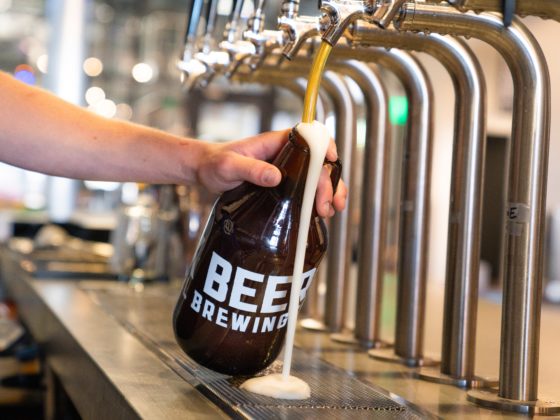Remote, freelance, and gig economy are not synonyms, but the Venn diagram does have some overlap. While freelancers often do work remotely, traditional permanent employees can also work remotely and of course, have increasingly done so in the previous two years. The term gig economy refers to short-term contract work and is often facilitated by apps. Some freelancers fall under the gig economy umbrella, but not all. No matter which umbrella each worker falls under, the combined effect of these trends has revolutionized the economy and prompted technological and legislative changes. Anything that goes through such an evolution is bound to come with growing pains and challenges.
Legislation
In 2018, the ABC test changed the way workers are classified in California and had ripple effects throughout the business world. Most recently, the PRO Act is up for debate. The act, which has strong support among democrats and reaches across partisan lines to Marco Rubio would “make some of the most dramatic, and controversial, union-friendly changes to American labor law in decades.”
While its proponents say it’s “the most important piece of labor legislation in generations,” big business groups believe it will hurt businesses and workers alike. Whichever way this particular instance goes, it’s clear these trends will continue to affect legislation.
We’ll be watching this PRO Act and let you know how we see that changing things.
Technology
Technology that facilitated digital teamwork as wells as apps that facilitated the gig economy already had a solid hold before the pandemic, but it certainly accelerated and made things possible that weren’t previously. As the demand for digital solutions skyrocketed, productivity tools and online meeting platforms met the moment.
Benefits And Challenges
Whether it’s a main source of income or a side hustle, freelance income is continuing to represent a bigger slice of the pie (to the tune of 1.2 trillion!) for American workers. The gig economy is especially flexible and allows workers to supplement their income. This is one slice of the economic pie that the government is trying to respond to–both to make sure it gets tax income and also to protect workers.
As the trend toward remote work increases, it can be harder for teams to function cohesively. While flexibility and freedom are cited as some of the main benefits to freelancing, they can be a double-edged sword. Finding enough work and having huge fluctuations in income is another challenge. Anyone with a home office will also tell you how hard it can be to get work done when you’re in the same space as your laundry, your sink full of dishes, and your family life.
The Bottom Line
The times, they are a changing. We’ll help you keep up.
___
We relied on the following articles for this post.
A snapshot of the $1.2 trillion freelance economy in the U.S. in the age of Covid-19
Here’s how the PRO Act would impact freelance and gig workers
What Is the Gig Economy and How Will It Change the Future of Work?







